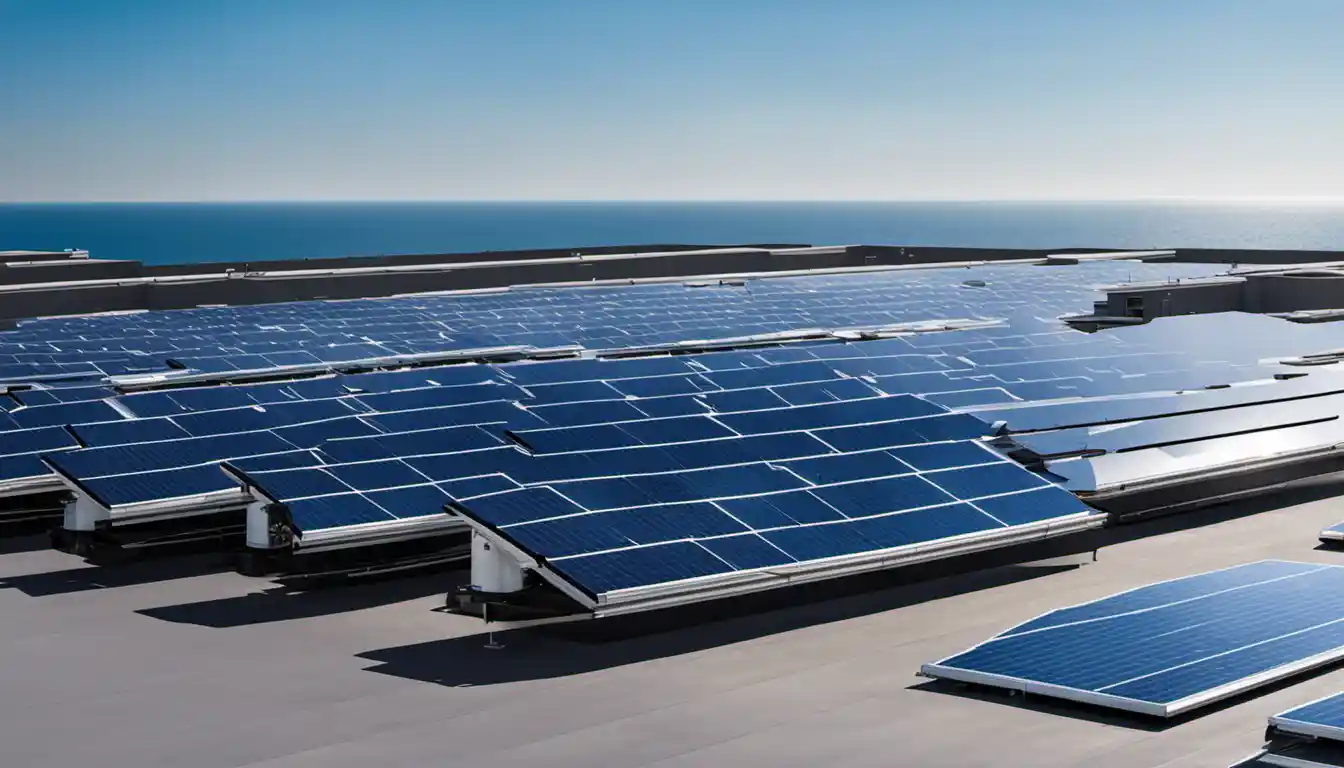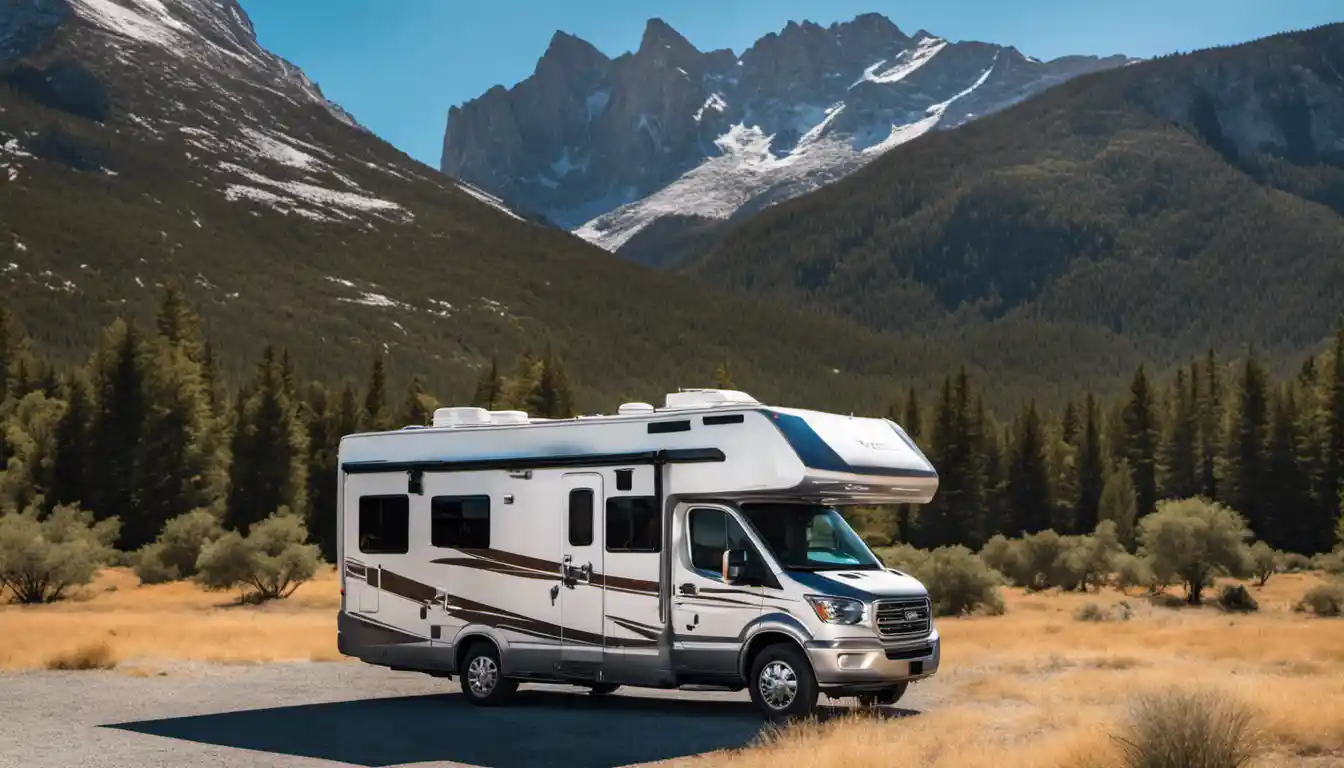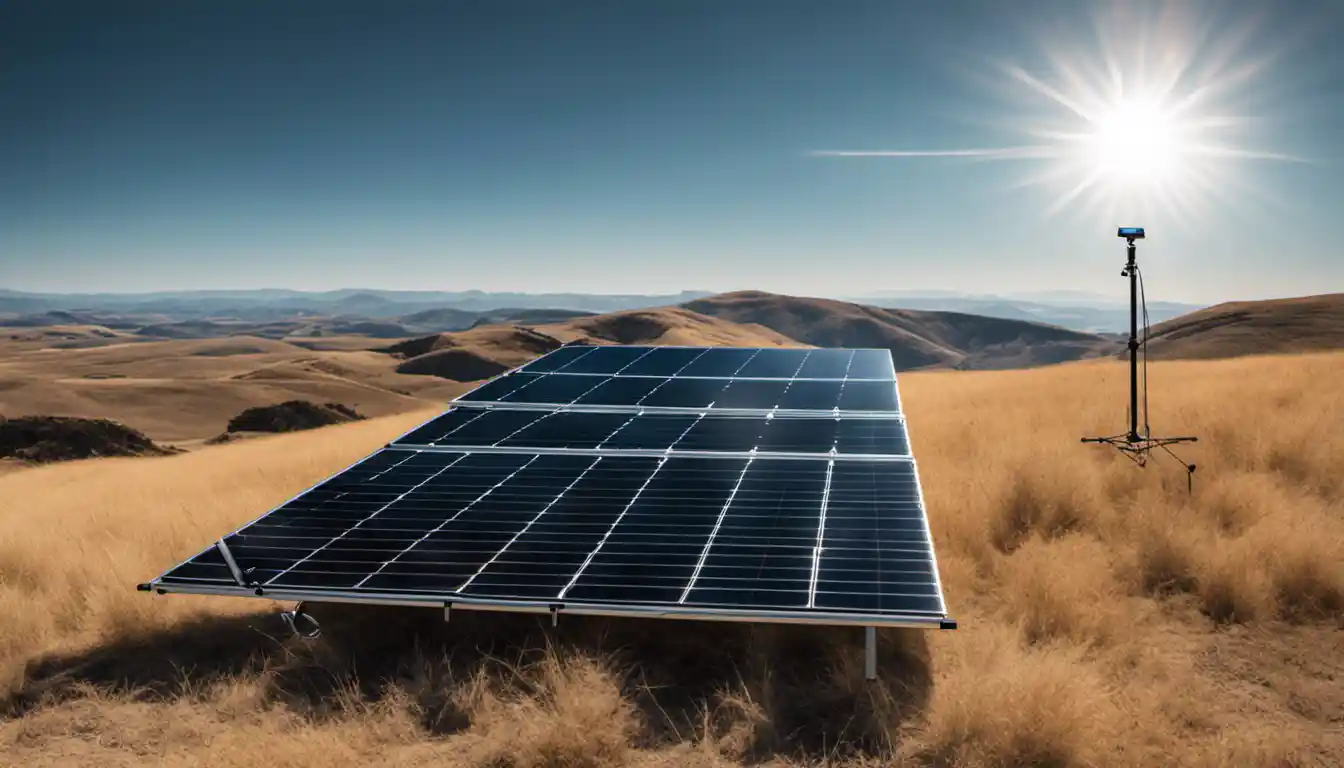Introduction to Solar Panels for RVs
The best type of solar panel for an RV is typically a monocrystalline panel due to its higher efficiency and space-saving design. It is also crucial to consider flexible solar panels that can easily fit the contours of an RV roof. However, the best type can depend on factors such as budget, space availability, and power needs.
Overview of RV Solar Panels
If you’re a wanderlust with a penchant for sustainability, then harnessing solar energy for your RV is a definitive game-changer. What could be more appealing than powering your mobile adventure with the sun? Free, abundant, and renewable – solar energy not only significantly cuts down on your bills but cements your commitment to a greener Earth.
Now, you may be wondering, “what kind of solar panels are best for an RV?” Prima facie, they seem identical to residential ones, but discerning eco-travelers would find them as different as chalk and cheese.
Distinguishing Residential Solar Panels From RV Solar Panels
At first glance, RV solar panels may look identical to their residential counterparts. After all, the primary function is the same – converting sunlight into electricity. However, upon closer scrutinizing, you’ll notice that, unlike residential panels, RV solar panels are designed to endure harsher environments and have lesser space to work with. Hence they are often smaller, lighter, and more rugged.
Understanding Different Types of Solar Panels for RV
Solar panels come in three different types: monocrystalline, polycrystalline, and amorphous. Each type has unique features that may make it more suitable for certain RV setups.
Monocrystalline Solar Panels for RV
Monocrystalline solar panels are the most efficient of the three. They’re constructed of single-crystal structures that allow electrons more room to move, thereby producing more electricity. They are sleek and aesthetically pleasing and usually occupy less space, a blessing for the compact roofs of RVs.
Polycrystalline Solar Panels for RV

Polycrystalline panels are made from multiple silicon fragments melted together. They tend to be less efficient and require more space than monocrystalline panels. However, polycrystalline panels are generally cheaper, making them an attractive option for those on a tighter budget.
This ‘RV solar panel ideas‘ blog post will give you some more insight.
Amorphous Solar Panels for RV
Amorphous panels are made by spreading a thin layer of silicon on a large surface. Due to their flexible nature, they are a prime choice for RVs with unusual roof shapes. Although they tend to be less efficient and require more space than other types, their flexibility and lower costs can make them a perfect fit for certain RV owners.
Selecting the Right Solar Panel for Your RV
Factors to Consider
When deciding “what kind of solar panels are best for RV,” several factors need to be analyzed. Some of these include the material and setup, wattage, and efficiency.
Material and Set-up
From rigid panels to their flexible counterparts, the choice largely depends on your RV’s roof characteristics and your aesthetic preferences.
Wattage and Efficiency
Efficiency is crucial in an RV setup due to limited available space. This is where monocrystalline panels shine, as they deliver the highest wattage per square foot.
How Many Solar Panels Do You Need for Your RV?

The number of panels hinges on your power consumption. For instance, a refrigerator might require approximately 100-200W per day, while a laptop might need about 50W. Adding up the wattage of all appliances gives a ballpark figure of the total energy requirement.
A panel typically produces around 100-300W on a sunny day. In the USA, with an average of 5 hours of peak sun daily, this means about 500-1500Wh daily per panel. Adjusting your panels’ total wattage with your daily consumption reveals how many you require.
Reviews of Top RV Solar Panels in 2023
Renogy Rigid Solar Panel
Renogy’s rigid panels are well-built, efficient, and versatile. These monocrystalline panels deliver excellent performance and are the go-to for many RV owners.
Renogy Flexible Solar Panel
For out-of-the-box RV roof contours, Renogy’s flexible solar panels are a prime pick. Their extraordinary adaptability does not trade-off efficiency for flexibility.
Renogy Solar Panel Kit
This all-in-one kit from Renogy integrates high-quality monocrystalline panels and important accessories to get you started with solar power right away.
DOKIO Portable Solar Panel Kit

DOKIO’s portable kit is perfect for boondockers who need a portable solar solution. Despite its compact form factor, it delivers a respectable wattage.
BLUETTI EB70S: Solar Panel and Battery Kit
BLUETTI’s offering is an all-encompassing solution, bundling a solar panel and battery system for complete energy autonomy on the road.
Installing an RV Solar Panel System
Installation might seem daunting, but with a careful approach and the right tools, you can install an RV solar panel system over a weekend. Anticipate the investment of some time. However, the benefits will quickly pay off.
Maintenance of RV Solar Panels
Solar panels are relatively low-maintenance. Regular cleaning should keep them working at peak efficiency. Always replace damaged parts promptly to prevent further damage.
Cost of Solar Panels and Potential Rebates
Solar panels vary in cost depending on their type, quality, and capacity. Potential rebates and tax credits may exist in some regions, which can make solar panels even more affordable.
Conclusion: Are RV Solar Panels right for you?
So, “what type of solar panel is best for RV?” Really, it depends on your unique circumstances and needs. Anyone with an RV can and should consider harnessing the sun’s energy. With the right choice, you’ll not only drive greener but also enjoy your adventures more fully, knowing you are no longer tethered to the grid.



